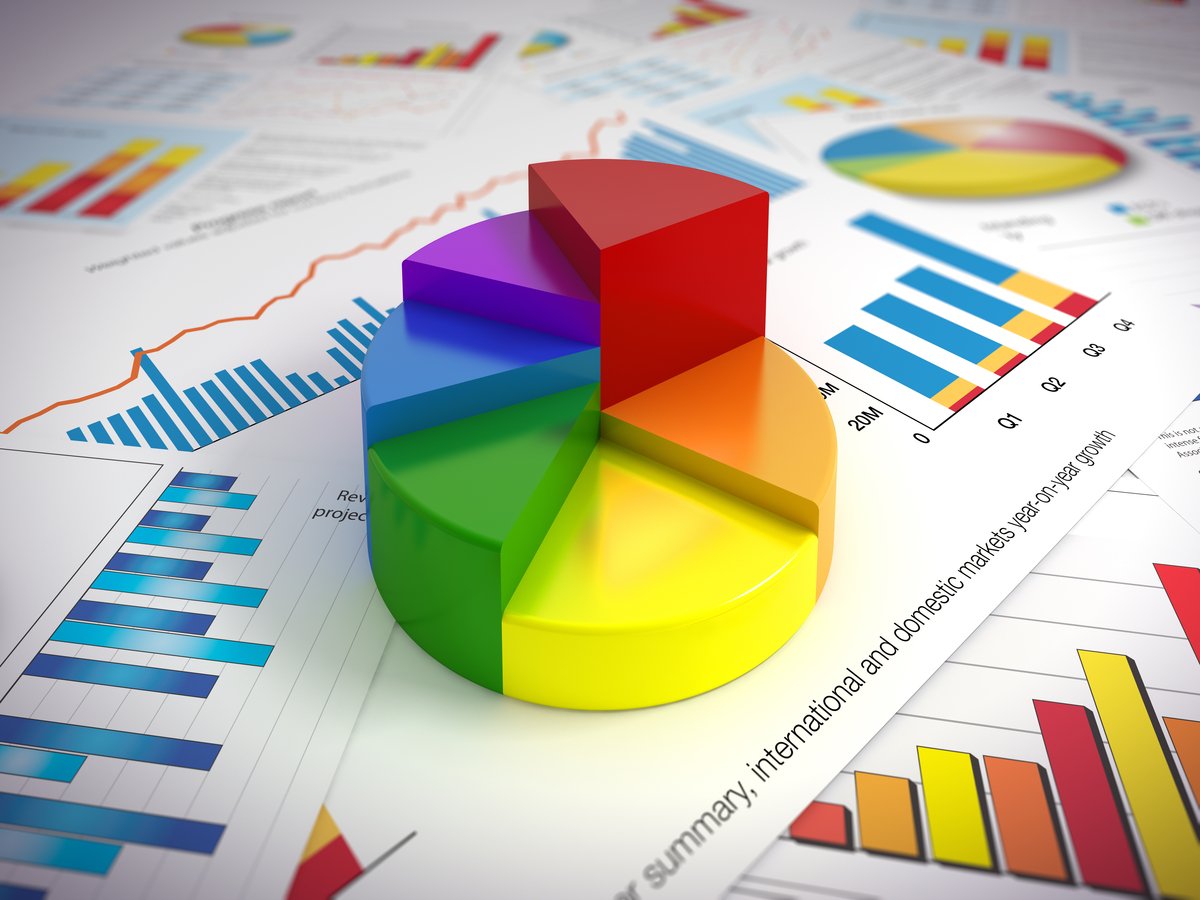Investors have been watching Berkshire Hathaway's (BRK.A 0.72%)(BRK.B 1.14%) cash position balloon to its highest levels ever this year at $325 billion. Buffett hasn't given any public statement about why his holding company is hoarding cash, but his followers can make some educated guesses.
One thing that's obvious is that the market looks bloated. The average S&P 500 P/E ratio is near 29, its highest in more than a decade outside of the pandemic rebound in 2020. That preceded a market crash.
Let's dig into what this might mean for Buffett, for the markets, and why we might find out more this month.
Getting ready to get greedy
Buffett watchers know that he freely shares a lot of general advice about investing and his approach to success. One of his most famous quotes is that he tries to be "fearful when others are greedy and to be greedy
only when others are fearful."
That's just the beginning of a longer piece he wrote about bull markets and bloated valuations. This is the longer text, from the 1986 shareholders' letter:
As this is written, little fear is visible in Wall Street. Instead, euphoria prevails -- and why not? What could be more exhilarating than to participate in a bull market in which the rewards to owners of businesses become gloriously uncoupled from the plodding performances of the businesses themselves. Unfortunately, however, stocks can't outperform businesses indefinitely.
That could reasonably be said for what's happening in the market today. One reason Buffett might be holding cash is that he's expecting some level of correction.
But even if he's not, he has made it clear that he is fearful when others are greedy, and it certainly looks like things are in the greedy zone. Buffett buys when he sees a value, and if the market's too expensive, it makes sense that he's holding more in cash than in new stocks.
Notably, he has still bought a few stocks, including two new recent positions in Pool Corporation and Domino's Pizza.
What's happening in February
Warren Buffett shares his thoughts in his annual letter to shareholders, where he gave his advice about greed and fear. That's always released at the end of February along with the company's annual report.
He doesn't always tell shareholders exactly what he's thinking about current events; he saves that for the Berkshire Hathaway annual meeting, which is in May. But he often gives a more general outlook about the markets and how to successfully invest.

Image source: The Motely Fool.
Considering the acceleration of artificial intelligence (AI) as an investing thesis and how much of the market's value is tied up in AI stocks right now, coupled with the recent news about DeepSeek and how it's shaping what investors are thinking, I'm looking forward to reading what Buffett has to say about the markets.
The 10 largest companies outside of Saudi Aramco -- which are, incidentally, the 10 highest-value stocks before Berkshire Hathaway -- are all AI-focused. The DeepSeek news last week wiped out almost 13% of Nvidia's value, and further news could rock the whole market.
So far, it's holding steady. But that event underscores the importance of carefully allocating your funds in different categories and counting on the dependable, established winners, not just the newest trend on the market.
One thing I'm fairly sure of is that whatever Buffett says, it won't be anything novel; he is pretty steady with his investing approach, holding on to his greed-and-fear model through many kinds of circumstances since telling shareholders about it in 1986.
Today, it's AI that's roiling the stock market, but there were internet and housing bubbles and mortgage crises and other events that were the volatility indicators in the past.
Keep an eye out for the annual letter later this month, and if you're not fully diversified, consider reallocating some of your funds to prepare for whatever happens next in the stock market.







